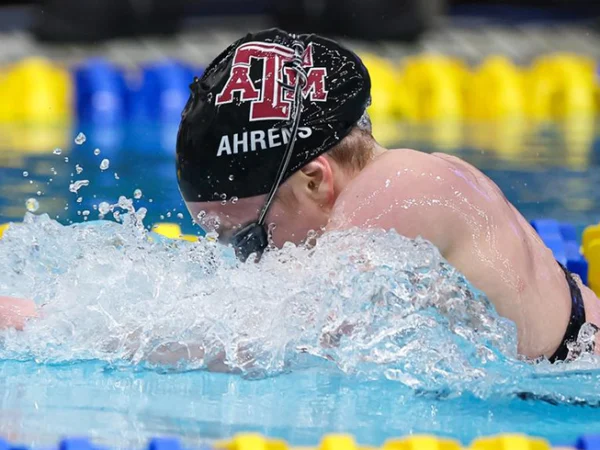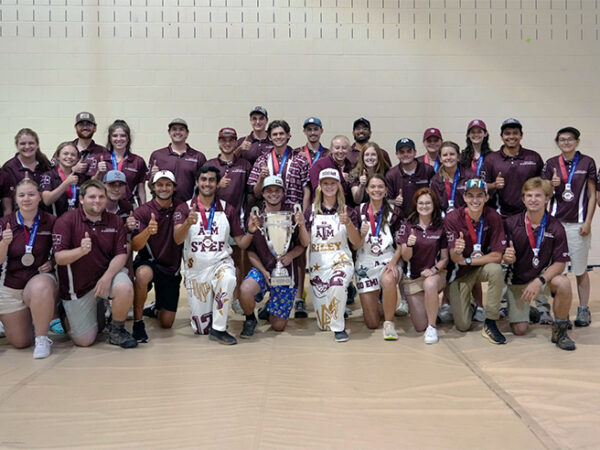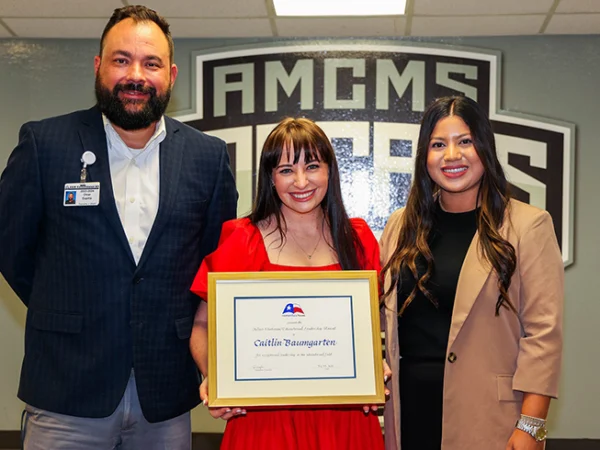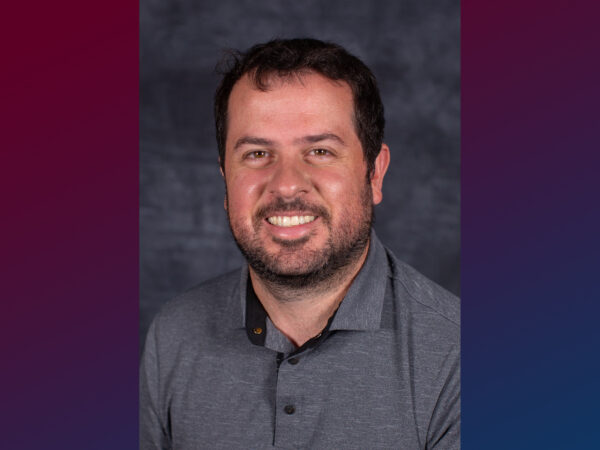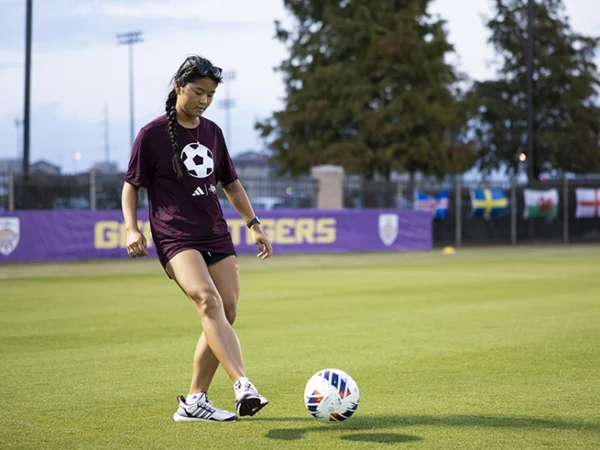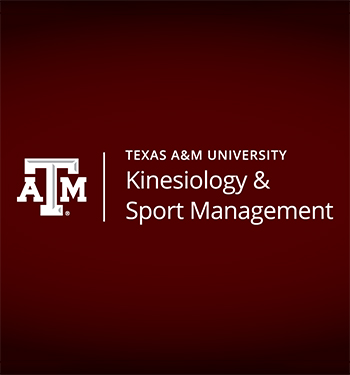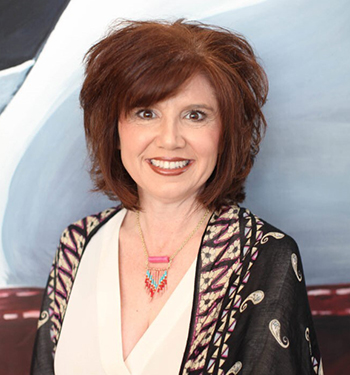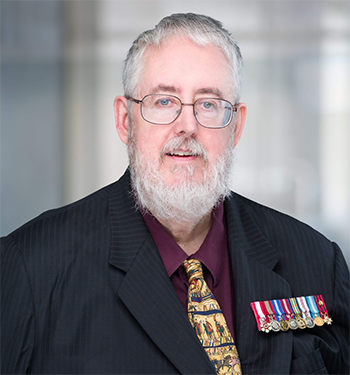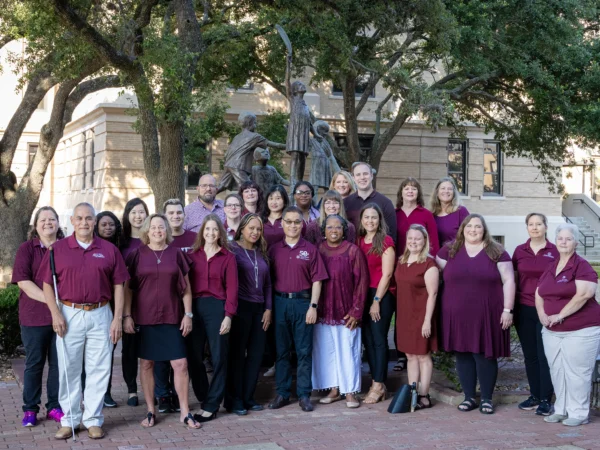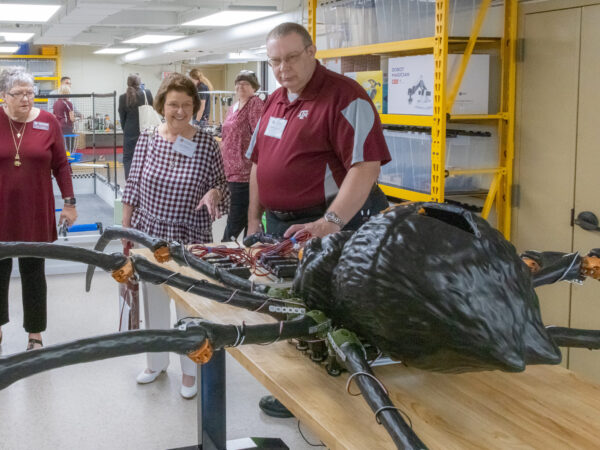Mentoring’s impact on women in STEM fields
Women are historically underrepresented in STEM fields, accounting for less than 30% of the STEM workforce. Despite men and women scoring and performing equally well in these fields in K-12 education, women face additional challenges in higher education which force them out of the STEM pipeline.
Dr. Paul Hernandez, associate professor of science education, is working to increase diversity in STEM fields, specifically in terms of gender in geosciences. Hernandez, along with his research colleagues at several other universities, recently received a $3 million grant from the National Science Foundation to expand that work.
In their latest published research, Hernandez and his colleagues found female mentors can play an important role in keeping female students in the STEM pipeline.
“The idea with mentoring is that if we partner with these young people and we offer them opportunity and support, that can help them grow into the careers and the disciplines that are inspiring them,” said Hernandez.
PROGRESS, which means Promoting Geoscience Research Education and Success, was developed through a five-year grant from the NSF. The program helps women in STEM grow their developmental network of mentors. PROGRESS started as a professional development weekend for women in STEM.
“They got to hear from very diverse women in diverse careers in order to help them understand that these careers are attainable; they’re satisfying, they’re interesting, and they’re worth investing your time in to solve real problems that people are facing,” said Hernandez.
Hernandez found three key factors in a successful mentorship program: inspiration through exposure to geoscience careers via female role models, inoculation through training on how to grow a mentor network and overcome obstacles, and an introduction to a female geoscience mentor.
Hernandez also points to the importance of having more than one source of support.
“They should have someone to go to when they need to talk and have a safe space, someone else to talk to when they want to develop skills and potentially someone else when they think about who is a role model doing the kind of work and living the kind of life they want.”
This recent research showed that having multiple mentors had a direct effect on their short term outcomes by helping students to develop a strong scientific identity. Hernandez said he knows that negative experiences still happened, but with the mentoring relationships, these students were likely buffered from the identity threats that can make them pursue other fields.
“The students that I work with in these studies are going to go on and have great lives,” said Hernandez. “What I’d like for them is to have great lives and their great careers in the field that they’ve chosen. I don’t want them to flee because of these microaggressions or stereotype threats of other kinds of things that would sap their motivation and make them choose another path.”
The workshop, and connections made between the participants and mentors, ultimately resulted in retaining them in their earth and environmental science network at a much higher rate. Hernandez says prior research showed that women stayed in the field 95% of time compared to 75% for those that did not participate.
Upon seeing the success of PROGRESS, Hernandez went to work to secure funding to make the program accessible across the country. His work resulted in the newest NSF grant totaling $3 million. With the new grant, Hernandez hopes to expand the work of PROGRESS to various regions across the country to reach as many undergraduate women in STEM as possible.
“We’re going to help these institutions run it themselves and find what is easily scaled and what are some of the challenges. At the end of these five years, we want to have something that is fully ready to give away, en masse, to the public to whatever institutions want to pick it up and run with it.”
About the Writer
Ashley is the Media Relations Coordinator and responsible for news coverage in the Department of Teaching, Learning and Culture as well as the Department of Educational Psychology.
Articles by AshleyFor media inquiries, contact Ashley Green.
Fundraising
To learn more about how you can assist in fundraising, contact Amy Hurley, Director of Development ahurley@txamfoundation.com or 979-847-9455


